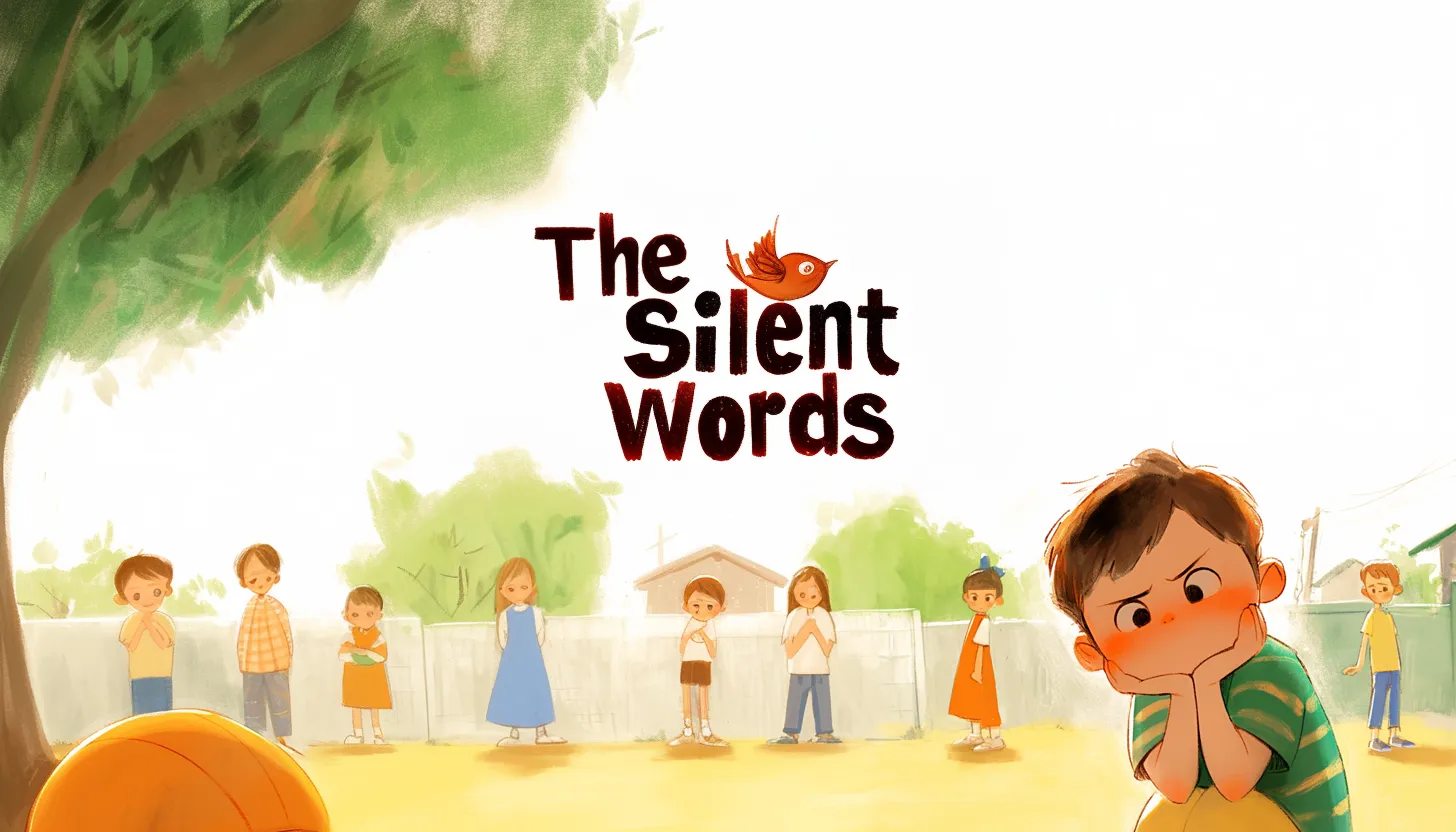Once upon a time, in a quiet, hidden village, there lived a very unique boy named Abe. Now, Abe wasn’t special because he had three eyes or a squirrel’s tail (although he thought that idea was funny), but because he had a very particular superpower: he could hear other people’s thoughts! Yes, every little murmur in the minds of his schoolmates, his teachers, and even the baker, sounded in his mind like a melody... though, honestly, a bit of an off-key one.
To Abe, this power arrived like snow in the desert—completely unexpected and without any instruction manual. The first time he noticed it was when his math teacher thought, “If only these kids knew that I snack on the erasers when no one’s watching…” Abe almost asked what they tasted like, but instead, he decided to keep quiet. He didn’t want to scare anyone with his new ability.
The real problem started when he began hearing what his classmates thought about him. Some said terrible things, things that could make even the bravest ice cream in the freezer cry! For example, Johnny, a rather absent-minded boy, thought, “Abe is always so quiet… he must be a bit strange. Maybe he’s an alien spy or something.” And Clara Head-In-The-Clouds, who never looked anyone in the eye when talking, thought, “Abe never plays with us… how boring.”
And so it went; each day, he’d hear some “silent words” from one kid or another. And while some of those words stung like stubbing your little toe, Abe didn’t get angry. Not that he was a saint or anything, he just knew that often, when someone says mean things about others, they’re really talking about their own worries and sadness. Of course, he wouldn’t tell anyone that! And who would believe him, anyway?
But Abe was as clever as a box of cats (and even sneakier because he didn’t get tangled up in yarn), so he decided to try something new: instead of ignoring the mean thoughts or complaining, he decided to help. One day, Clara Head-In-The-Clouds was sitting alone at recess, watching the clouds like they were hiding some interesting secret. Abe, casually walking over, tapped her on the shoulder and said:
“Hey, you know, sometimes I imagine the clouds are pirate ships or dragons playing hide-and-seek. What do you imagine?”
Clara blinked in surprise, then smiled, and together, they started making up stories about the clouds. From that day on, Clara stopped thinking Abe was boring.
Another day, Johnny was lost in his thoughts, as usual, when Abe walked up to him and said:
“Hey, did you know you don’t have to be right all the time to be awesome?”
Johnny looked at him with eyes as big as soup bowls.
“Really?” Johnny asked, scratching his head like he had a bird hiding in his hair.
“Of course not. In fact, sometimes it’s even more fun not to know everything and to discover new things along the way. Wouldn’t it be boring if we were all just as smart?”
And just like that, Johnny stopped worrying so much about always being right, and started asking and listening a little more.
Little by little, Abe kept hearing other kids’ silent words and responding to them, not with scolding, but with friendship, advice, and lots and lots of patience. Without telling them he could hear their thoughts, he helped them find their own answers. This way, the children in the village began to see Abe as a special friend, someone they could always count on.
One autumn afternoon, when the leaves were falling to the ground making a “crunch-crunch” under their shoes, all the kids gathered for a kind of unplanned ceremony. Nobody knew how it had started, but Clara stood up and, looking right at Abe, said:
“Abe, you’re like… a wizard, you know? You always help us just when we need it, even if we don’t ask. How do you do it?”
Abe shrugged and, with a little mysterious smile, said:
“Magic... or maybe I’m an alien spy, who knows?”
Everyone laughed, and Johnny clapped, as usual, without quite knowing why.
In the end, Abe had done something that seemed impossible: he had turned the silent words into friendly words. And so, with a heart full of everyone’s stories, he kept listening to the thoughts of others—not as a painful secret, but as a gift that united him to everyone in a unique and special way.




